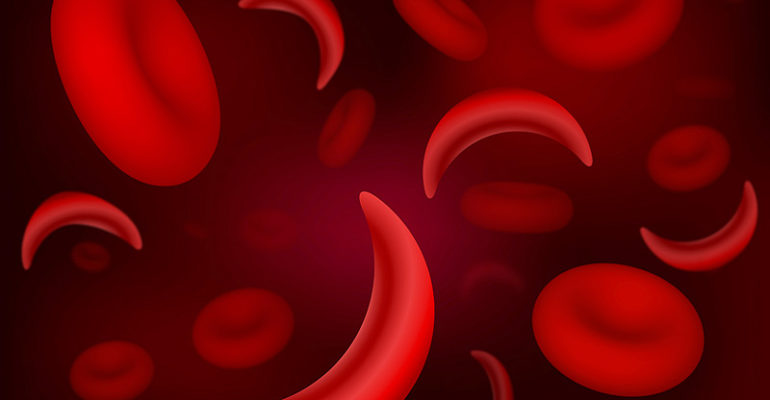TO WHAT EXTENT DO FAITH AND RELIGIOUS IDENTITY DECISION-MAKING AND ANTE-NATAL SCREENING FOR SICKLE CELL AND THALASSAEMIA
- Admin
- Aug, 30, 2018
- Others, Prenatal Diagnosis, Psychological Aspects, Research
- No Comments.

Authors: Karl Atkin, Shenaz Ahmed, Jenny Hewison and Josephine M. Green
Abstract:
When making decisions about prenatal diagnosis, couples not only draw on their understanding of the condition but also broader aspects of their cultural identity. This article looks at how faith and religion mediate attitudes towards
screening, prenatal diagnosis and termination of pregnancy for sickle cell and thalassaemia disorders. The article specifically reports on a qualitative study, which used focus groups from a variety of faith communities (Muslim, Sikh, Hindu and Christian), at risk of haemoglobin disorders, living in England. Our findings suggest
that the decision about whether or not to have diagnostic testing generally related to attitudes towards the termination of pregnancy. The consequences of the condition were as important as religious beliefs to most people. More generally, faith beliefs emerged as negotiable and contingent: realized within a broader moral framework. Religion was felt not to be prescriptive and reproductive decisions were seen as personal. When making decisions, people utilize faith within a broader context of individual, family and social relationships.
keywords: ethnicity ✦ prenatal diagnosis ✦ religious identity
Membership
Full Members
Provisional Members
Associate Members
Honorary Members

